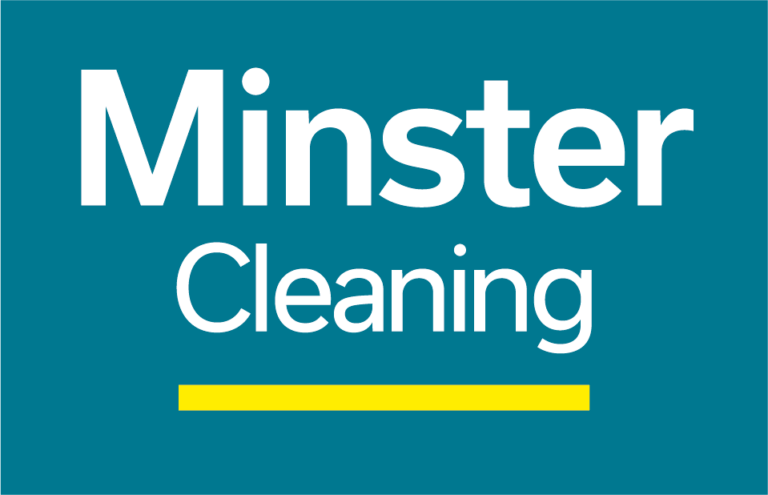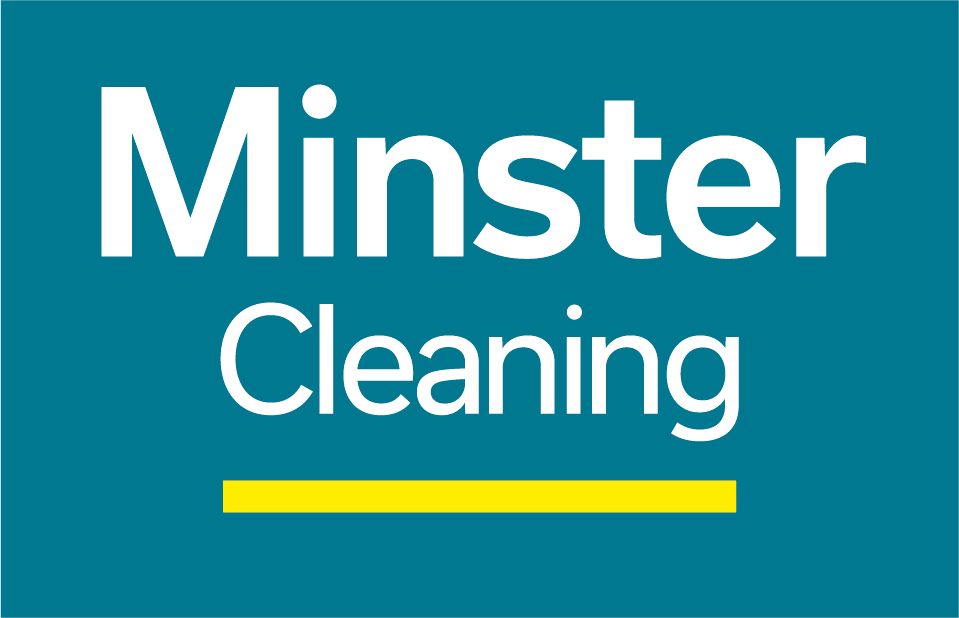Properly trained, competent commercial cleaning operatives are crucial in maintaining consistently high cleaning standards in your premises.
If you use a professional office cleaning contractor, they should already have invested time and resources in initial and ongoing training of their staff. If you employ cleaning operatives directly, it is your responsibility to ensure that they are properly trained.
Accredited training is available via the British Institute of Cleaning Science (BICSc).
‘The British Institute of Cleaning Science is the largest independent, professional and educational body within the cleaning industry with over 45,000 Individual and Corporate Members in the UK and Internationally.’
SOURCE: https://www.bics.org.uk//
National Vocational Qualifications (NVQ’s) are also available in cleaning and support services.
Well trained commercial cleaning staff who deliver consistently high-quality cleaning help you meet your duty of care to provide a safe working environment for your employees. This is especially important during the current Covid-19 pandemic.
Fully trained cleaning operatives provide the following:
1. Hygienic premises
Operatives understand the importance of not only cleaning but also sanitising and disinfection. This applies especially to frequent touch points (areas that numerous staff members come into contact with) such as door handles/push plates, handrails and light switches.
They are also aware of and implement stringent colour coding practices to prevent cross-contamination within premises. The colour coding recommended by BICSc is:
- Blue – general areas
- Green – kitchens and food preparation areas
- Red – toilets and washrooms
- Yellow – clinical and medical areas
Hygienic premises reduce infection risks which, in turn, helps keep staff absences to a minimum and improves productivity.
2. Health & Safety
Well trained office cleaning operatives know how to work safely. This minimises the risk of accidents and injuries in your workplace, either to staff, visitors or the operatives themselves.
Risk assessments and method statements should be compiled for each cleaning task. Well trained cleaning operatives are able to highlight where these need to be amended due to on-site conditions changing.
Cleaning operatives should be aware of the COSHH** requirements for any products that they use. For example, they should know how to use products at the correct dilution rates. If incorrect dilution rates are applied, cleaning results will be compromised (too much dilution means the product is ineffective, too little means the product could be harmful).
Well trained operatives use any equipment required to clean your premises correctly and also make sure that it is properly maintained. They will also alert their supervisor if any equipment is damaged or not working correctly. This helps prevent accidents and a replacement can be made before cleaning standards are adversely affected.
Correctly trained operatives also ensure correct signage is displayed where and when necessary (for example signage for cleaning in progress or signage for wet floors or trailing cables).
** Control of Substances Hazardous to Health
3. Favourable impressions – staff and visitors
Properly trained commercial cleaning operatives help to ensure that premises are consistently clean and hygienic. This in turn helps to reassure staff that the workplace is safe and that their employer cares about their wellbeing.
Clean and hygienic premises also help to create a strong impression with visitors.
4. Consistency of standards
Quality office cleaning requires consistently high standards. To achieve this, cleaning operatives need to ensure that the cleaning is delivered as per the agreed cleaning specification. Trained operatives should be able to easily follow any schedule.
Staff that have been well trained are more likely to remain in their role and this means consistently high standards can easily be maintained.
It is important that training is not only provided as part of an induction process. Ongoing training is also key in ensuring that staff add to the initial skills they have learned, remain aware of any changing regulations and keep up to date with the latest products, equipment and methods of cleaning.
Check out our other news items here.




